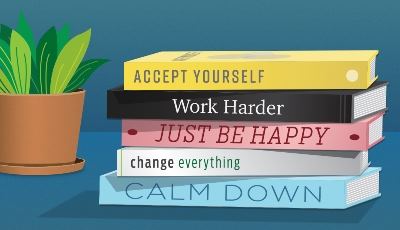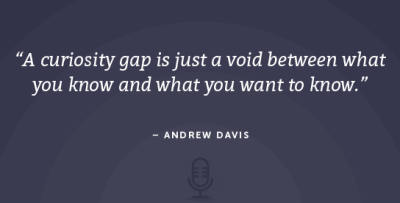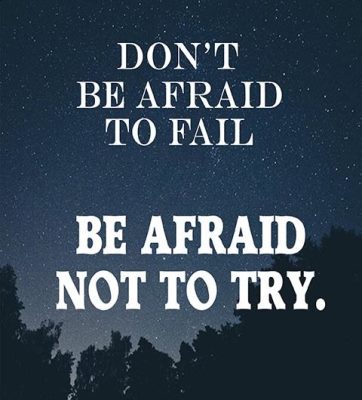I liked this quite ambitious post ‘Every self-help book ever, boiled down to 11 simple rules‘. And as we speak of apparently a $11 billion self-help industry, that’s even more ambitious!

Here’s a summary of those eleven points reworded by me
- take a small step at a time – change should come in small chunks
- visualize where you want to get to
- struggle is good because you need to get out of your comfort zone. It will necessarily be scary
- be emphatic and take some time to judge people
- contemplate your mortal nature to act with a sense of urgency
- be playful in change, cultivate your specificities
- help others and be useful in life
- avoid perfectionism, which leads to procrastination. Just ship to the world
- accept human limitations and play the long game recharging your batteries when needed
- write down objectives and do lists
- don’t just read, go out in the world and try
I am not sure this summarizes all self-help books around but it is certainly a good try. And like me you’ll find probably a pair of points that are worth remembering now because we may not have been sufficiently careful about them in the recent past.











